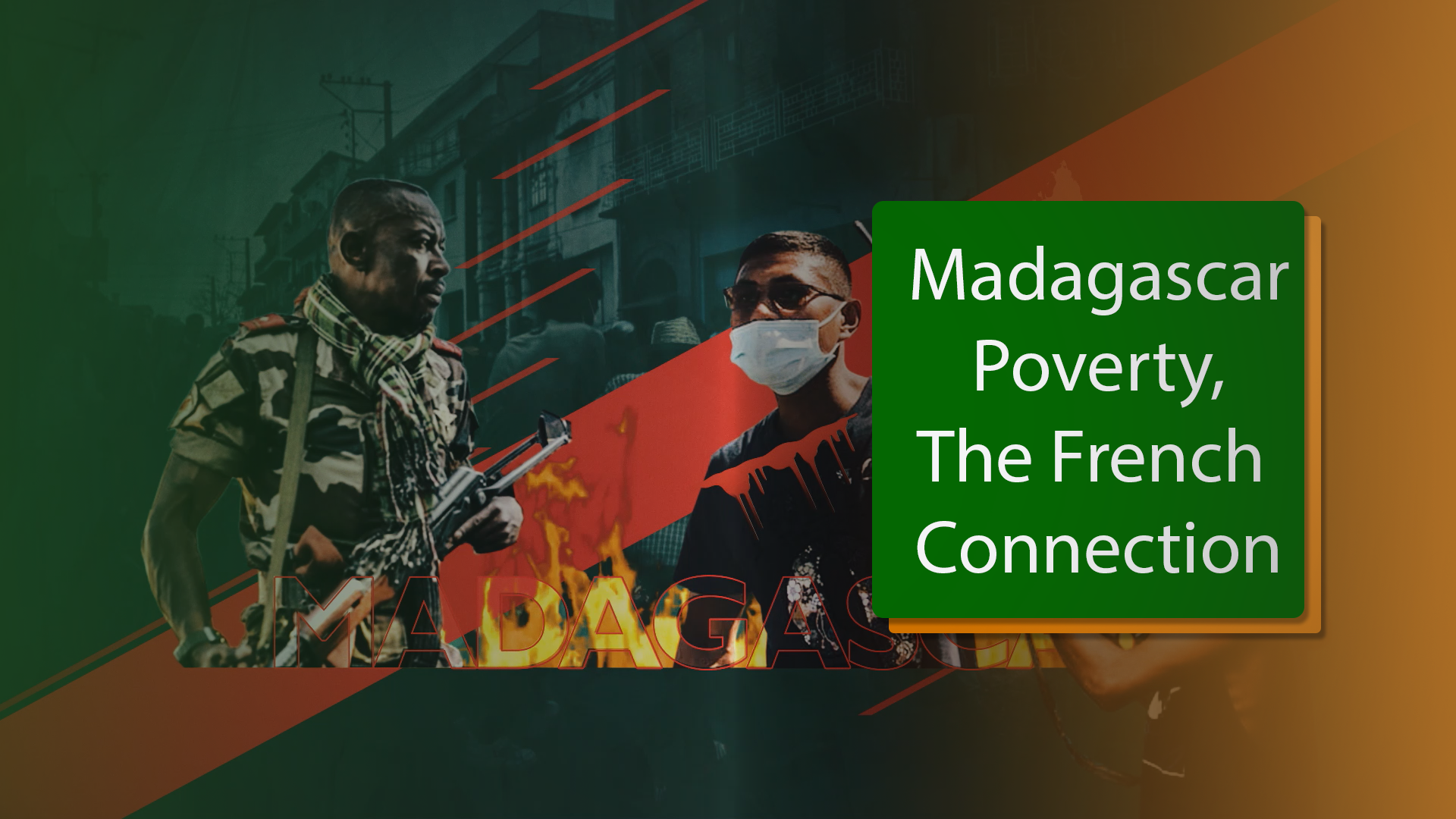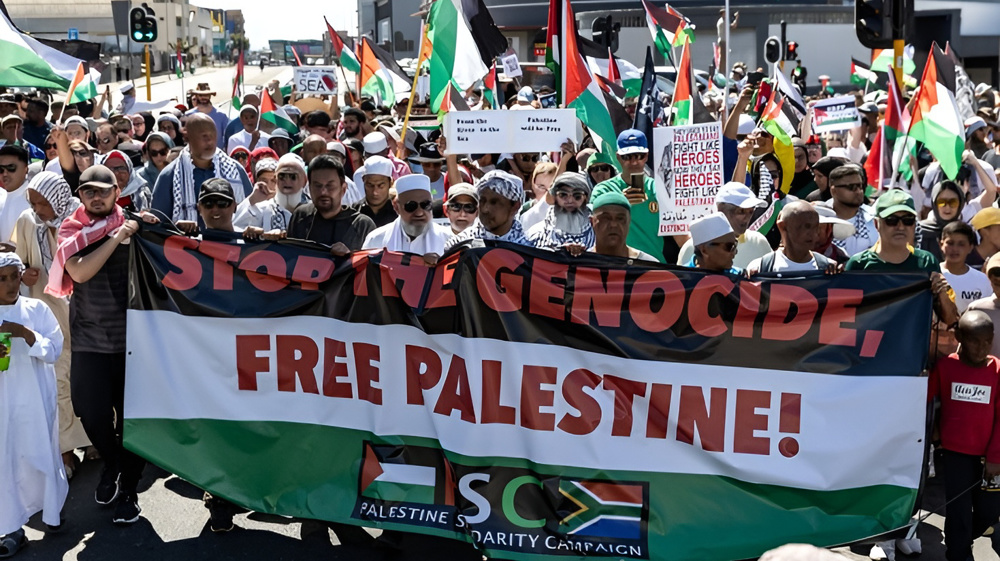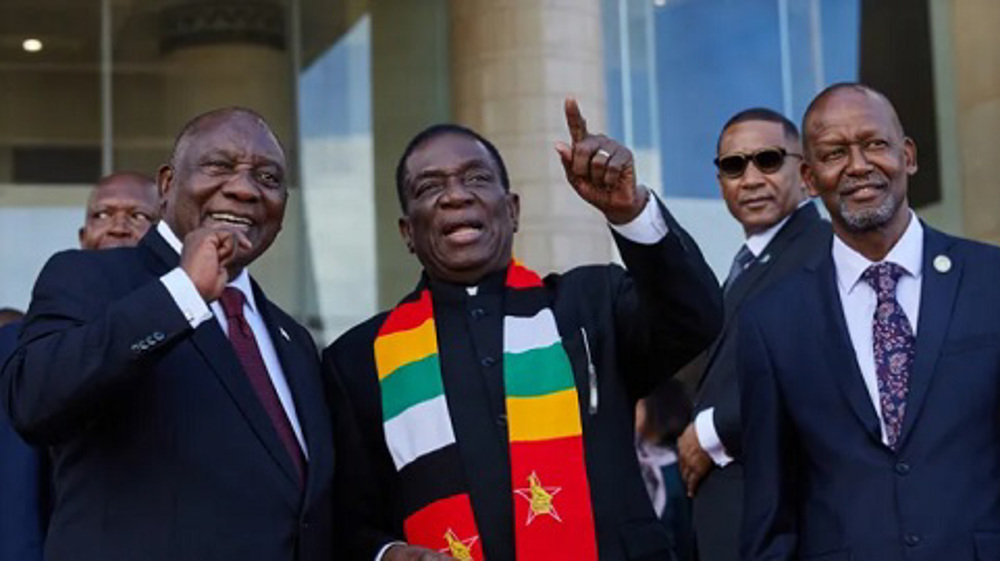Solving EU migration crisis: The Africa plan
Nearly 2000 people have died trying to cross the narrow strip of water from Libya to the islands of Lampedusa and Malta.
And it's estimated that over 500,000 desperate migrants, 86% of whom come from Sub-Saharan Africa, are waiting in Libya, waiting for their turn to get on a boat.
During the rule of Colonel Gaddafi, the refugee flows were much smaller, thanks to a financial deal the late dictator struck with the EU.
Prompted by Italy, Malta and Greece, and shamed by TV pictures of the dead, EU leaders this week emerged from their negotiations, hailing a 10-point plan, which focused on security, rather than care.
Not much has been said by individual African leaders. Do African leaders, activists and intellectuals have any alternative to the EU plan?
They're the images that have shocked the world. So far, some 2000 migrants have died trying to cross the sea from Libya to Malta and islands off the coast of Italy and Greece.
And despite the danger - the men, women and children keep on coming. It's estimated that over 500,000 mainly African migrants, are waiting their turn.
During Colonel Gaddafi's regime, the migration was controlled thanks to a deal the late dictator struck with the EU. But since Libya's collapse, the people traffickers have been able to carry out their work freely.
Some have blamed this rise in deaths on the EU's decision last year to scale down its search and rescue operation - called Mare Nostrum.
Last month, European leaders held an emergency meeting in Brussels, which produced a 10-point plan for increased funding for naval patrols, prosecution of the traffickers, and the destruction of their boats.
But many Africans are asking, what do our leaders think? What is the response of countries like Eritrea, Ethiopia, Nigeria, and Gambia, which produce so many of the migrants? Why is African voice so silent? That's what we'll be investigating this week on Africa Today.
Trump says US will be ‘very strongly involved’ in Venezuela’s oil industry
‘Naked imperialism’: Netizens condemn US for attacking Venezuela and kidnapping its leader
How Gen. Soleimani fought terrorism and exposed the fallacy of West's 'war on terror'
Condemnations pour in after US bombing of Venezuela, kidnapping of Maduro
Gen. Soleimani represented resistance to interventionism in Global South: Analyst
‘Stronger resistance, declining US power’: IRGC marks Gen. Soleimani’s legacy
Harnessing one of world’s largest wind corridors in Iran
Iran denounces US strikes on Venezuela, urges UNSC to stop aggression









 This makes it easy to access the Press TV website
This makes it easy to access the Press TV website